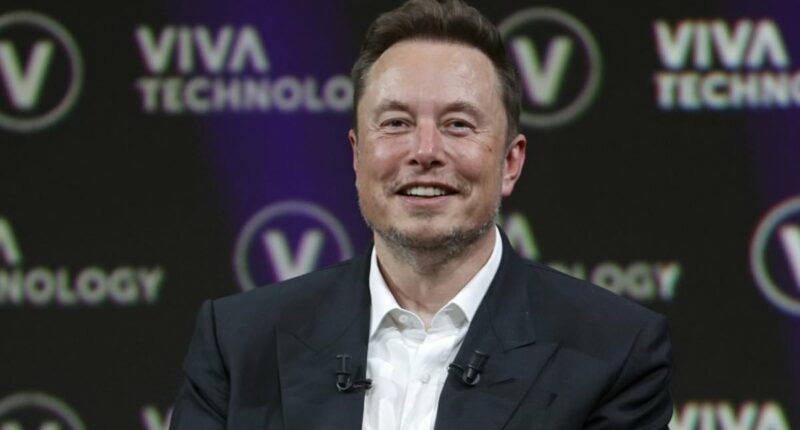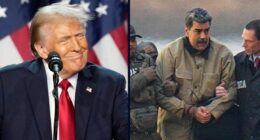Share this @internewscast.com

Elon Musk, the world’s wealthiest individual, has predicted that in just two decades, employment will become a choice rather than a necessity due to advancements in artificial intelligence and robotics. Musk envisions a future where work is akin to a leisure activity, comparable to sports or home gardening. Interestingly, despite his $360 billion net worth, he also suggested that in the coming years, the concept of money might lose its significance.
![Mr Musk told the US-Saudi Investment Forum in Washington: ‘In ten to 20 years my prediction is that work will be optional. It’ll be like playing sports or a video game or something like that. ‘If you want to work, [it’s] the same way you can go to the store and just buy some vegetables, or you can grow vegetables in your backyard.](https://i.dailymail.co.uk/1s/2025/11/22/13/104016445-15316179-Mr_Musk_told_the_US_Saudi_Investment_Forum_in_Washington_In_ten_-a-19_1763818046787.jpg)
Speaking at the US-Saudi Investment Forum in Washington, Musk stated, “In a decade or two, I foresee work becoming optional. It will be as recreational as playing a sport or enjoying a video game. If you choose to work, it will be much like opting to grow your own vegetables instead of simply buying them from a store.”

Musk elaborated, “Although cultivating vegetables in your backyard is more labor-intensive, many people still do it for the love of gardening. That’s how work will be—voluntary.” Despite his optimistic outlook, the Tesla CEO, who has recently negotiated a groundbreaking compensation package potentially valued at nearly $1 trillion (£760 billion), acknowledged that significant progress is required to realize this vision.

But he insisted that if technological improvements continued at the same pace, earning cash will no longer be necessary to live a comfortable life. ‘There is only one way to make everyone wealthy – and that’s AI and robotics,’ Mr Musk added. ‘There will still be constraints on power. But I think at some point currency becomes irrelevant.’

Tesla has been working on a humanoid robot named Optimus, or ‘Tesla Bot’. The South-African billionaire has said one day everyone will own such a gadget, which will help ‘eliminate poverty’. Economists have questioned whether robotics will be able to provide such benefits in a short time frame given how expensive the devices are to produce at scale.

Mr Musk’s comments come as France’s government launched an investigation into his AI chatbot Grok after it generated French-language posts which questioned the use of gas chambers at Auschwitz. Grok, built by Musk company xAI and integrated into his social media platform X, said gas chambers at the death camp were designed for ‘disinfection with Zyklon B against typhus’ rather than for mass murder – language associated with Holocaust denial.

The Paris prosecutor’s office confirmed the comments had been added to an existing cybercrime investigation into X.




